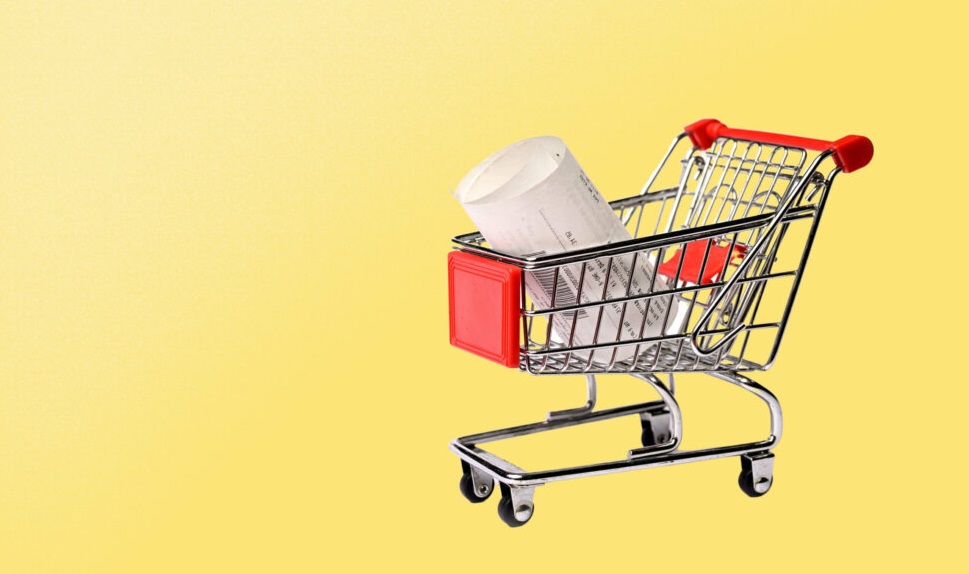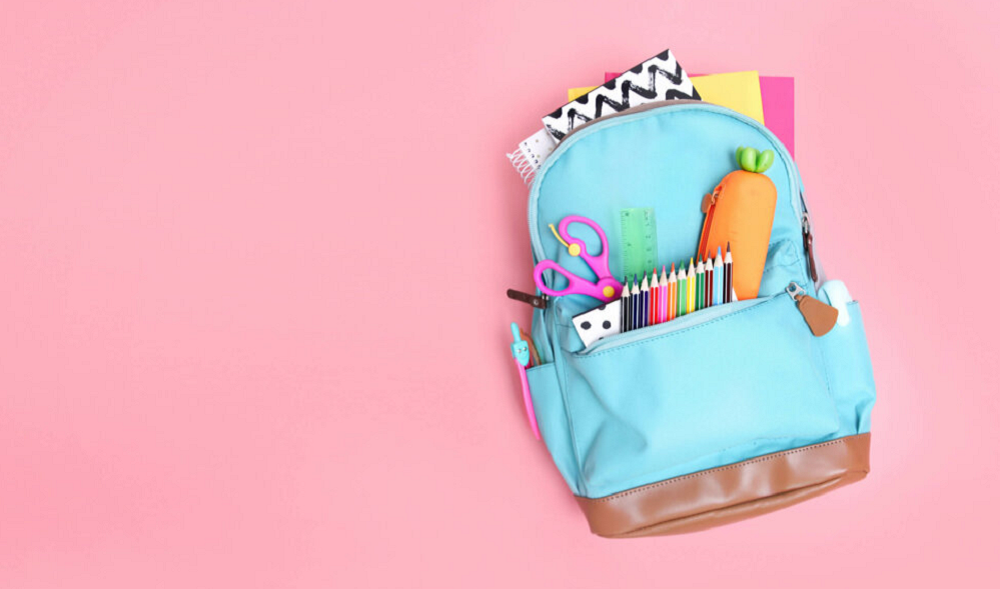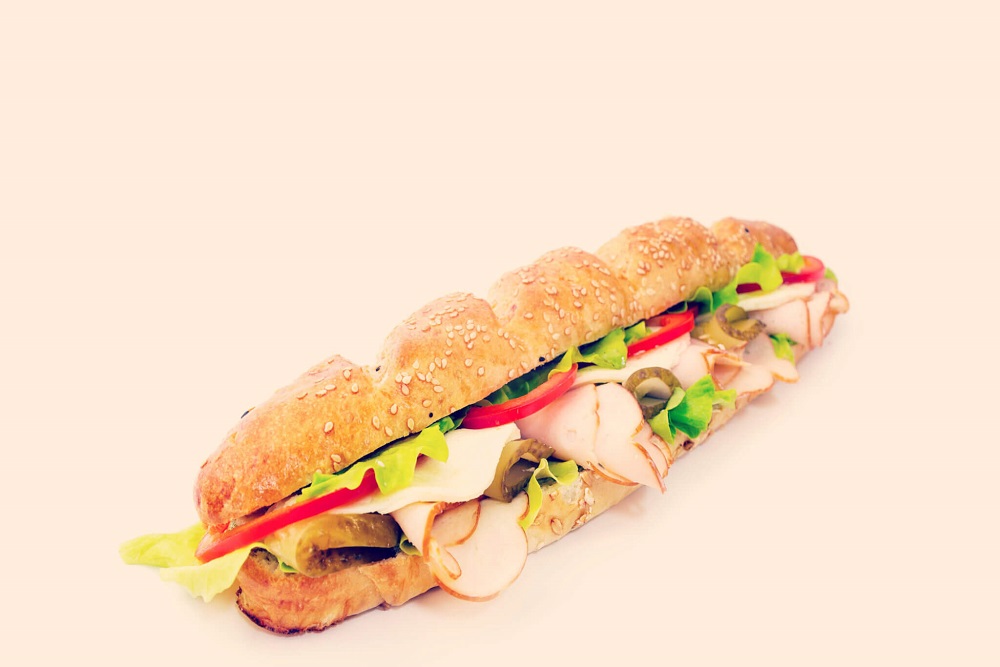The lingering challenges posed by inflation and high gas prices made a demonstrable impact on the mall sector throughout the summer. After experiencing a steady run of consistent year-over-year (YoY) growth, the Placer.ai Mall Indexes saw visits down across indoor malls, open-air lifestyle centers and outlet malls segments in June and July. Yet, there was optimism that a more favorable YoY comparison and an improving retail environment could buoy the segment at the end of the Back-to-School season. So how did malls perform in August 2022?
As the operator of several supermarket chains nationwide, Kroger is a household name in grocery. And with significant investment in omnichannel strategy, the Kroger brand has become a leader in online grocery as well. As Kroger rolled out more delivery fulfillment centers and a new loyalty program, we took a closer look at the brand’s two largest grocery chains – Kroger and Ralphs – and how these omnichannel initiatives impact the brand’s brick-and-mortar foot traffic.
With 79% of Americans reporting that their lives are somewhat or completely back to normal following the COVID disruptions, we dove into the data to understand where in-person business events stand as we move deeper into the second half of 2022. With the widespread and enduring increase in remote and hybrid work, the pandemic drove some major shifts in workplace behavior. But COVID didn’t just prevent employees from coming to the office – the pandemic also ruled out business travel and put a halt to almost every form of in-person work event.
Over the past few years, top tier malls have been innovating to stay ahead of the pack. Our latest white paper dives into strategies shopping centers are implementing — such as adding entertainment centers, getting creative with tenant selection, or offering omnichannel options. With many retailers reducing their in-mall presence, empty brick-and-mortar stores have attracted plenty of negative attention. But now, malls are increasingly repurposing vacated spaces in new ways that resonate with local communities and can fill their evolving needs.
With Back-to-School shopping in full swing, we dove into visits to Five Below to see how this fast-growing discount retailer is pulling ahead of the wider dollar & discount store category. Inflation may be slowing down, but high prices are still impacting shopping habits, with consumers looking to stretch their budgets driving a 16.4% increase in foot traffic to the category relative to January 2022. But despite the strength of the wider category, Five Below continues to outperform the dollar and discount store average. July 2022 foot traffic to Five Below was up 41.8% relative to January 2022 – more than double the wider discount and dollar store increase.
The plus-size fashion industry is one of the fastest growing apparel sectors in the U.S. – valued at $24 billion per year and sales revenue for the category grew about three times faster than consumer spending on the rest of the women’s apparel market between 2019 and 2021. With the strength of the body-positivity movement growing, we took a look at the recent foot traffic performance of three leading plus-size retailers – Destination XL, Lane Bryant, and Ashley Stewart.
This Placer Bytes dives into recent foot traffic trends for Best Buy and GameStop to understand how inflation and rightsizing efforts are impacting visits to these two electronics retail leaders. Best Buy’s brick and mortar visits were relatively unaffected by the pandemic, with the brand showing a particularly strong Black Friday performance in 2021. But in recent months, as inflation drove consumers to hold off on larger purchases, including electronics, Best Buy visits have taken a hit.
The rise in retail foot traffic and consumer demand in the pet sector has been a recurring theme since the early days of the pandemic. With Petco building on the success of its pet wellness and omnichannel ecosystem, we dove into the recent visit data and took a closer look at the chain’s launch into smaller, rural markets. Pet adoptions surged in the early stages of the pandemic, driving significant foot traffic to Petco. As the majority of these pets remain in their new homes, overall visits to Petco are continuing on their positive trend in comparison to 2019.
Beauty products are often seen as an “affordable luxury,” and shoppers looking for budget-friendly splurges are increasing their offline beauty visits even as discretionary spending in other categories drops. To better understand the current beauty surge, we dove into Ulta Beauty’s year-to-date foot traffic performance to see how the wider economic situation is boosting this already strong retailer.
The sporting goods space had a particularly strong 2021 as consumers stocked up on home workout equipment during the pandemic. With fitness foot traffic on the rise, we dove into the visit data for two leading sporting goods brands – DICK’s Sporting Goods and Hibbett Sports – and took a closer look at the trends driving brick-and-mortar visits to the chains. Though offline fitness has returned, year-over-three-year (Yo3Y) visits to DICK’s and Hibbett demonstrate that the chains are maintaining their pandemic-driven gains.
As consumers look to maximize their spending power amidst record inflation, discount stores have become increasingly attractive to bargain shoppers. Dollar General has long been synonymous with dollar stores, and in recent years, the chain has charted a course to expand beyond the dollar store category and into the discount grocery and home goods spaces. We dove into the foot traffic data to explore how Dollar General is cementing itself as a true one-stop shop for the value-oriented consumer.
With the most recent department store visit data, we dove into the impact of rightsizing measures and looked at the particularly strong foot traffic to higher-end chains to understand how the category is dealing with the current economic situation. Department stores had a rough start to the year due to the January Omicron wave. And although visits began picking up in February, March’s inflation and fuel price surge opened the year-over-three-year (Yo3Y) visit gaps again. Now, following a difficult May and June, the Yo3Y visit gaps began narrowing once more.
Off-price apparel was a pandemic winner, exhibiting remarkable imperviousness to some of the wider brick-and-mortar challenges. And now that the economic situation has shifted, off-price retailers remain an attractive option as consumers seek to refresh their wardrobes without breaking the bank. We took a look at the latest foot traffic data to understand how the combination of inflation, supply chain woes, and residual pandemic effects are continuing to drive visits to the sector.
Wholesale clubs like Costco Wholesale, BJ’s Wholesale Club, and Sam’s Club were some of the big winners of the pandemic’s shift to mission-driven shopping, and that strength carried throughout 2021. Early 2022 data indicated that the category was undergoing a mild correction following the record-breaking foot traffic numbers of the previous year. But comparisons to pre-pandemic metrics showed wholesale remaining strong despite the rise in inflation and gas prices. Now, as retail visitors continue tightening their budgets in the face of high consumer prices, we checked in to understand how the economic headwinds are impacting the three wholesale giants.
Home improvement was one of the more successful sectors throughout the pandemic. With lockdowns keeping people at home, many found the time to tackle DIY projects sending visits to home improvement retailers to all-time highs, significantly outperforming pre-pandemic numbers. Now, as lockdowns begin to fade into our memories and with inflation and gas prices causing people to think twice before opening their wallets, we checked in to see how the sector is faring.
Put lightly, the last few years have been volatile in the brick-and-mortar retail sector. Yet, Walmart and Target, two of the industry’s heavyweights have consistently overperformed. This included a strong showing in the spring of 2022 that came as COVID’s effects were dissipating, creating the sense that retail could finally enjoy a period of extended normalcy. Yet, that period barely had time to take off before rising gas prices and inflation began to impact consumer behaviors and spending.
Two years after the first lockdowns, the return to office question still lingers. Cities and companies are anxious for office occupancy to return to pre-pandemic levels. The majority of workers, however, still prefer to work from home, whether fully remote or hybrid. As we enter the second half of the year, and as the shock of economic shifts brought on by inflation and gas prices levels out, we took a look at recent foot traffic data to offices to see how the sector is performing.
U.S. job growth soared in July, as the pandemic-impacted categories of leisure and hospitality bounced back to meet consumers’ continued demand for out-of-the-house experiences. But inflation continues to cut into spending power, with food inflation in particular remaining stubbornly high. We dove into retail foot traffic data to understand how the current dynamics are impacting key consumer-facing industries.
When we last looked at the Placer.ai Mall Indexes, a clear decline was taking place, driven heavily by high gas prices and continued inflation. Yet, at that time there was also an expectation that July could be even worse, in particular because of continued economic headwinds and in comparison to a very productive July 2021. Yet, the result was far more positive than expected.
Subway has made headlines for both its store closures and creative menu updates, so we decided to dive into recent foot traffic data to understand how these changes are impacting Subway visits nationwide. Rightsizing has been classically seen as a softer terminology to discuss store closures. But there is a significant trend of rightsizing that is more focused on optimization. Foot traffic data shows that Subway’s overall visits are down year-over-three-year (Yo3Y) while Yo3Y visits per venue are nearing or exceeding 2019 levels.


























